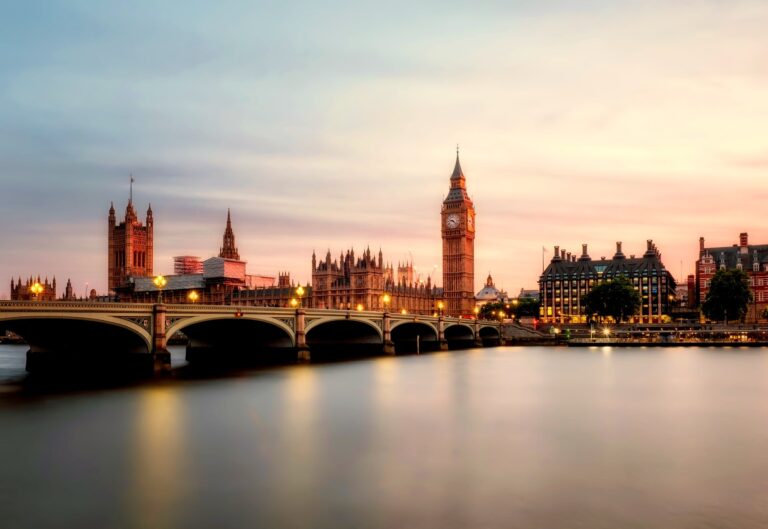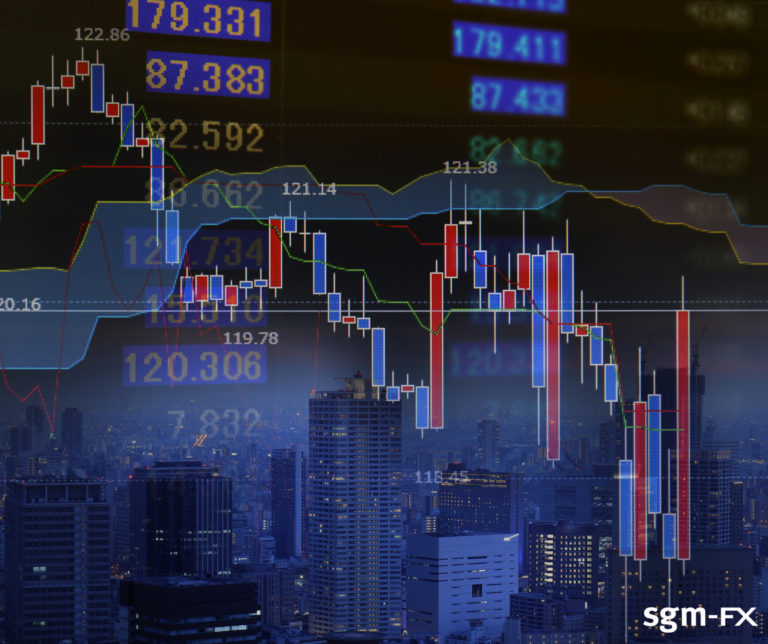
Morning Brief – America (Thirty-) First
Those worst affected by any ailment are usually the ones who go the furthest in order to defend themselves against it. Areas prone to flooding have the greatest flood defences and those in natural earthquake zones have structurally designed buildings. Sure, there are limiting factors to this axiom such as affordability and availability but it’s still a pretty accurate rule. So why then has the United States, the country with the highest number of infections across the whole globe, secured so few doses of the vaccine?
In the world of vaccination it’s all about big numbers. One dose per head is rarely sufficient in order to generate sufficient immunity within a population. Nations including the United Kingdom, Canada and Australia therefore have ordered enough doses of approved and pending vaccines to inoculate their populations several times over. Canada alone has enough doses secured in its contracts to provide a dose to each of its citizens four times over – anti-vaxxer or not! The US acquiring programme on the other hand, ironically dubbed Operation Warp Speed, has only secured one third of this number of doses as a proportion of its population versus coverage leader, Canada. Despite not having approved a single vaccine in the United States, the potential shortfall could undermine the nation in achieving immunity to the virus and stunt the economic bounce back from the pandemic.
The US has secured 455 million doses, considerably more than its population. However, the vaccine is thought to require a boost to sustain immunisation similar to the pre-existing flu jab, meaning that the US should be closer to 1bn doses before it might be considered to have enough. Given the finite capacity of all Covid-19 vaccine production, the fact the US is several dozen the way down the global pecking order for doses means it may struggle to scale up its vaccination program in a timely fashion. Pfizer has just cut its 2020 delivery target in half due to manufacturing issues and this is a timely reminder that shocks to global supplies of any vaccine will be felt harder in lesser covered nations. The vaccination program is something that President-elect Biden has suggested he will work on with immediate effect upon taking office. If insufficient coverage of a vaccine undermines US economic performance there could be an adverse reaction in US assets.
Discussion and Analysis by Charles Porter

Click Here to Subscribe to the SGM-FX Newsletter
Related Insights

Daily Brief – UK Interest Rates
UK Interest Rates Instructive that rate cuts of 100bps in short term UK interest rates in 2024 resulted in 10 Year Government Bond yields rising by exactly 100bps from 3.6% to 4.6% to the levels last seen after short lived PM Liz Truss’ ill-fated foray into the world of market economics with her September 2022 […]

Daily Brief – 2+1 ‘winners’
2+1 ‘winners’ Happy New Year. As weather warnings fade in favour of New Year’s resolutions, the UK embarks upon its first trading day of 2025. Some markets remain closed today with notable value date exceptions from Switzerland, Japan and New Zealand. As we highlighted earlier in the week, 2024 was characterised by the typically asynchronous […]

Daily Brief – Inter-Americas divide
Inter-Americas divide With Christmas Eve now upon us, markets will be expecting a quieter day than they received four years ago. On this day in 2020, having locked down the UK and ‘cancelled Christmas’, Boris Johnson announced the completion of a post-Brexit trade deal with just a handful of days until the end of the […]



 Humphrey Percy
Humphrey Percy Charles Porter
Charles Porter